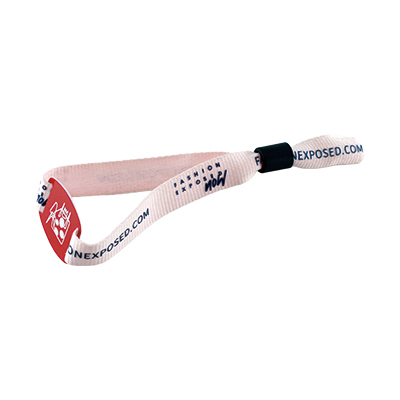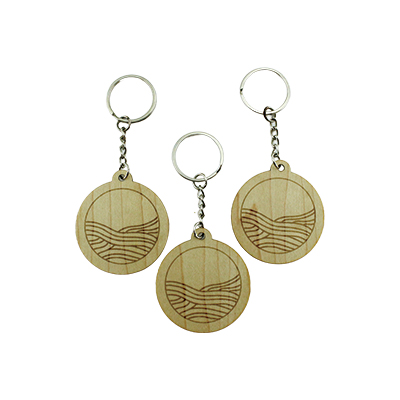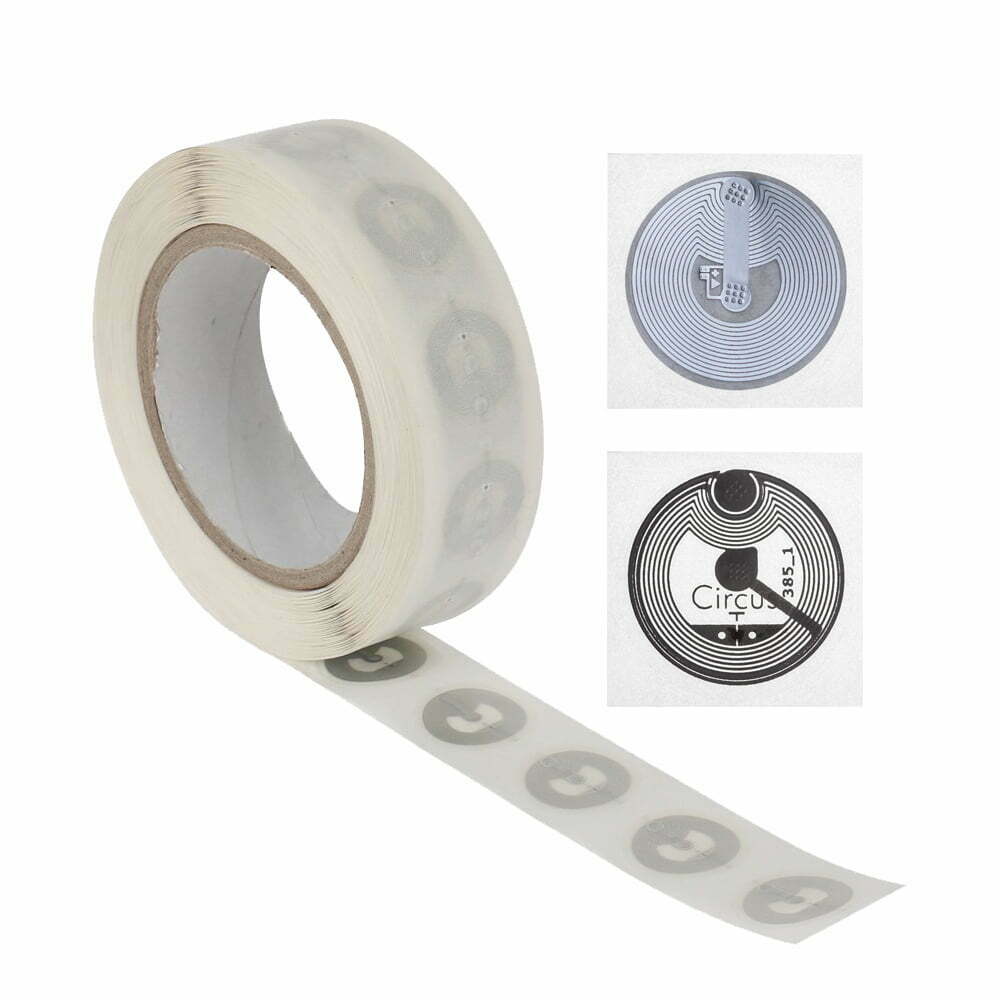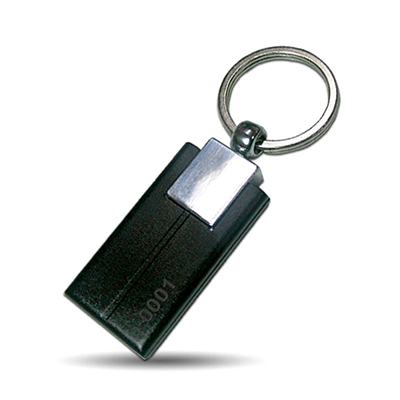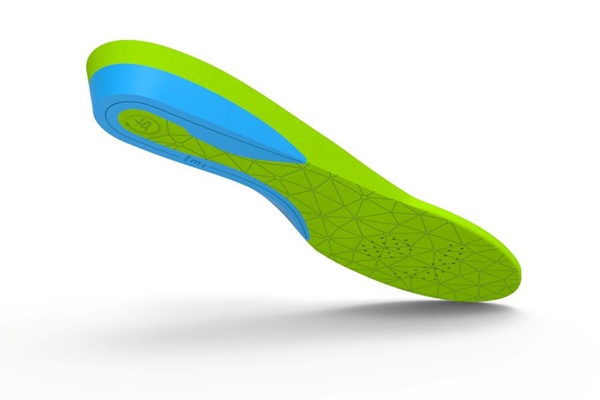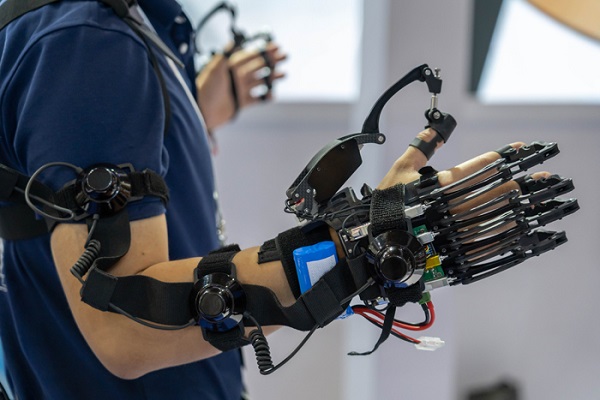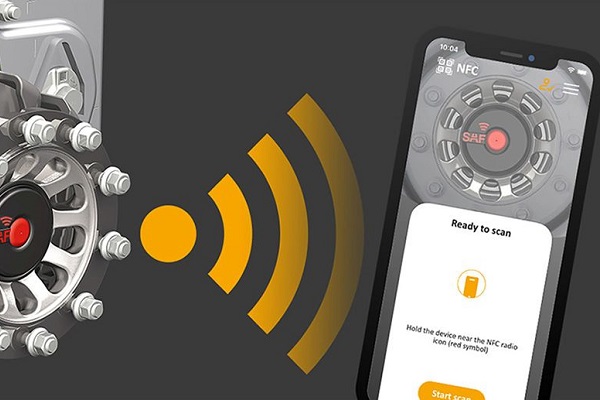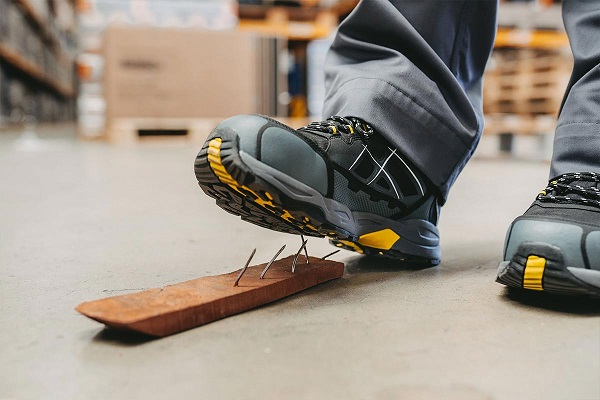In April 2016, several teams in a race organized by the International Automobile Federation (FIA) began to use the RFID system to verify the Climacool racing suits provided by the British motor sports equipment company Fyshe. Since then, Fyshe has started sewing NFC RFID tags into racing suits. The company hopes to ensure that the racing suits, boots and helmets used in the race are all FIA certified.
Currently, Fyshe has not yet marked on gloves, shoes or underwear. Christopher Nurse, founder and managing director of Fyshe, said that in the future, these tags will be used to track the product life of goods. Fyshe is the exclusive importer and distributor of kart helmets and accessories in the UK. The label tracking method will help its products comply with the latest FIA standards.
(FIA GT PRO defending champion Richard Lietz demonstrated how to use the smartphone Otentico app to verify the authenticity of the Climacool racing suit)
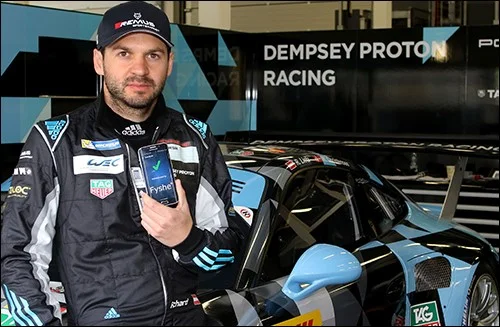
Fyshe also provides a smart phone application Otentico, where racers and race inspectors can use NFC phones to read RFID tags on clothing, access and manage clothing-related data.
Fyshe uses NFC technology to verify the authenticity of racing suits to ensure that they comply with FIA and SFI (a non-profit organization that publishes quality standards for racing equipment) related regulations and standards.
Fyshe was established in 2002, is a company that sells motorsports equipment to FIA drivers. Nurse said: “Racing has become an international sport, and racing suits are also emerging one after another, which makes equipment verification more and more complicated.”
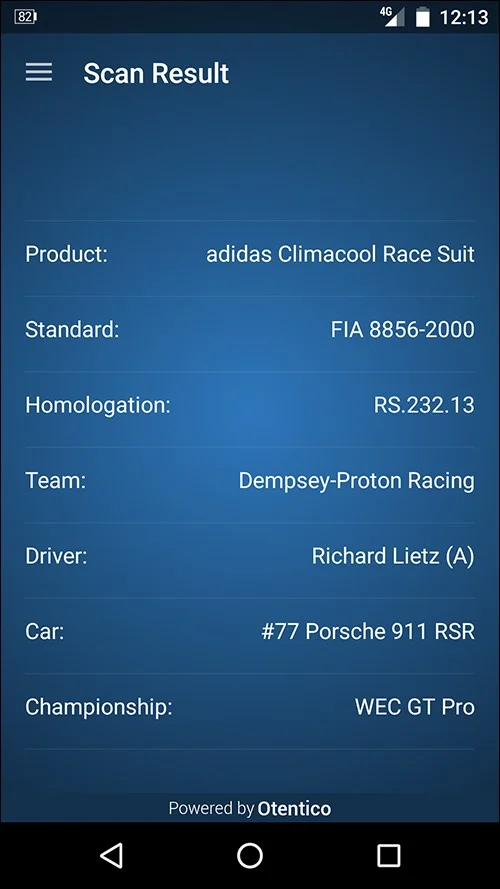
For example, only some racing suits meet the flame retardancy and material requirements of FAI and SFI. These racing suits, helmets and other accessories are often very expensive. Some racers may buy cheap equipment, but they may not meet the relevant requirements. Therefore, FIA race inspectors need to determine whether the racing suit meets the relevant requirements.
FIA also sells holographic images to authorized apparel providers. But in general, holographic images are less secure than NFC technology, they will be counterfeited, and the use of the correct racing suit cannot be guaranteed. Starting in April this year, Fyshe began to attach Otentico NFC RFID tags to every Climacool racing suit. Each tag has a built-in 13.56MHz NXP chip compatible with the ISO 14443 standard. Otentico also provides an application and content management software to store and manage NFC tag related data. The tag ID is also bound to the color, size and manufacturing date of the racing suit.
The FIA World Endurance Championship held at Silverstone Circuit uses NFC smart racing suits. Employees can use NFC mobile phones to read the ID numbers of the racing suit tags. The application can display racing suit data and verify it.
At the Silverstone race, Abu Dhabi Teng Team and KCMG Team started using smart racing suits. Fyshe also binds the racing suit information (including the name of the driver, the team, and the unique design information of the racing suit) with the tag ID.
(When the smartphone reads the RFID tag of the racing suit, the Otentico tag will display the name of the racer, team and other information)
Fyshe has attached Otentico NFC RFID tags to all clothing and Otentico software also stores user information. Starting from using the application, the company also began to think about new ways to use the technology. Racers like the idea of binding medical records to racing suits. In this way, medical personnel can read the tag information and read the medical information when an accident occurs in the race. In this way, medical staff can know the contraindications of drugs such as penicillin allergy for drivers.
However, these data are not saved in the Otentico app. These data will be managed by organizations such as FIA. This is because these data are private and sensitive. They will be stored on a secure server and will only be provided to authorized medical teams.
Fyshe is also a helmet distributor and is currently negotiating with a Japanese helmet manufacturer to embed NFC chips on the helmet. The NFC chip will show the date of use of the helmet. This improves the safety of the helmet.
So far, racers are very satisfied with RFID tags. In the future, Fyshe also plans to use NFC in other products such as wearable devices.



